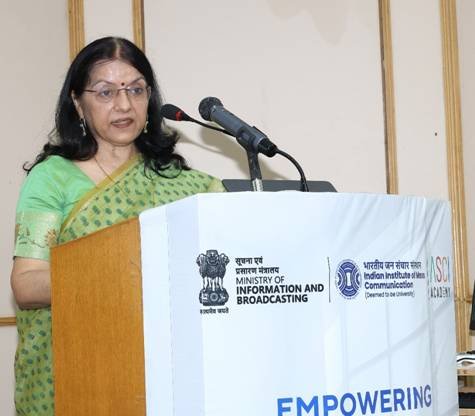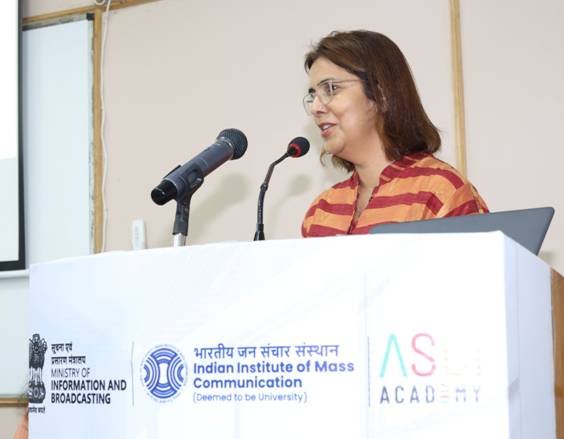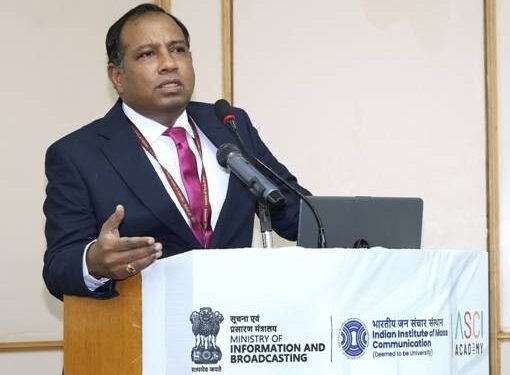New Delhi — The Indian Institute of Mass Communication’s New Delhi campus became a crucible for ideas on responsible messaging as it hosted a day‑long Faculty Development Programme in partnership with the Advertising Standards Council of India. Designed for educators who shape courses in media, marketing, law, and management, the gathering focused on weaving the principles of trust, self‑regulation, and consumer welfare into every strand of advertising education.
The inaugural session was graced by Shri C. Senthil Rajan, Joint Secretary, Ministry of Information & Broadcasting (MIB); Dr. Anupama Bhatnagar, Vice Chancellor, IIMC; Ms. Manisha Kapoor, CEO and Secretary General, ASCI; and Mr. Chandan Mukherji, Director & Senior Vice President – Strategy, Marketing & Communication, Nestlé. Dr. Nimish Rustagi, Registrar, IIMC, was also present on the occasion.
The inaugural session brought together senior figures from government, academia, and industry. Joint Secretary in the Ministry of Information and Broadcasting C. Senthil Rajan called for regular workshops that prepare tomorrow’s content creators to navigate codes and ethical frameworks with confidence. He also highlighted the forthcoming Indian Institute of Creative Technology in Mumbai, envisioned as a new hub for excellence in the creative sector.

IIMC Vice‑Chancellor Anupama Bhatnagar urged faculty members to ensure that creativity never loses sight of accountability. She emphasized that students must learn to differentiate persuasive storytelling from misleading claims if they are to serve audiences with integrity. Reinforcing that point, ASCI Chief Executive Manisha Kapoor said nurturing the mentors of future professionals is essential to building an ecosystem where consumer trust sets the standard.

Corporate perspectives echoed those values. Nestlé’s Chandan Mukherji argued that every brand message should strengthen—not strain—the social contract between company and consumer. IIMC Registrar Nimish Rustagi added that data‑rich digital environments make ethical guardrails more vital than ever, because respect for user autonomy underpins long‑term credibility.
Throughout the programme, ASCI’s training team guided ninety‑eight participating lecturers through sessions on the council’s code, the shift from reactive to proactive self‑regulation, and the watchdog’s expanding role in a fast‑evolving media landscape. Organisers expressed confidence that the insights exchanged will ripple into classrooms nationwide, helping to raise a generation of advertisers who see responsibility not as an obligation but as their competitive edge.






